EXHIBITIONS
* Keepsake* Waste Not2022
* Motherboard
* Ode to Horishi
* Ewe & Me
* The Twelfth of Never
2021
* Backslide
* Ghost of Drake Well
* Refrain on Quilted Paper
* Four Urban Oil Fields
* AngelPuss
* Gene Pool
2020
* Mudmoon
* I <3 NYC
2019
* Box
Waste Not
In search of adaptive solutions to sewage treatment, soil health, and food productionBy Matéa LeBeau & Isabella Culotta
August 27 - October 6, 2022
Selected for and Funded by the Cornell Council for the Arts 2022 Biennial: Futurities, Uncertain
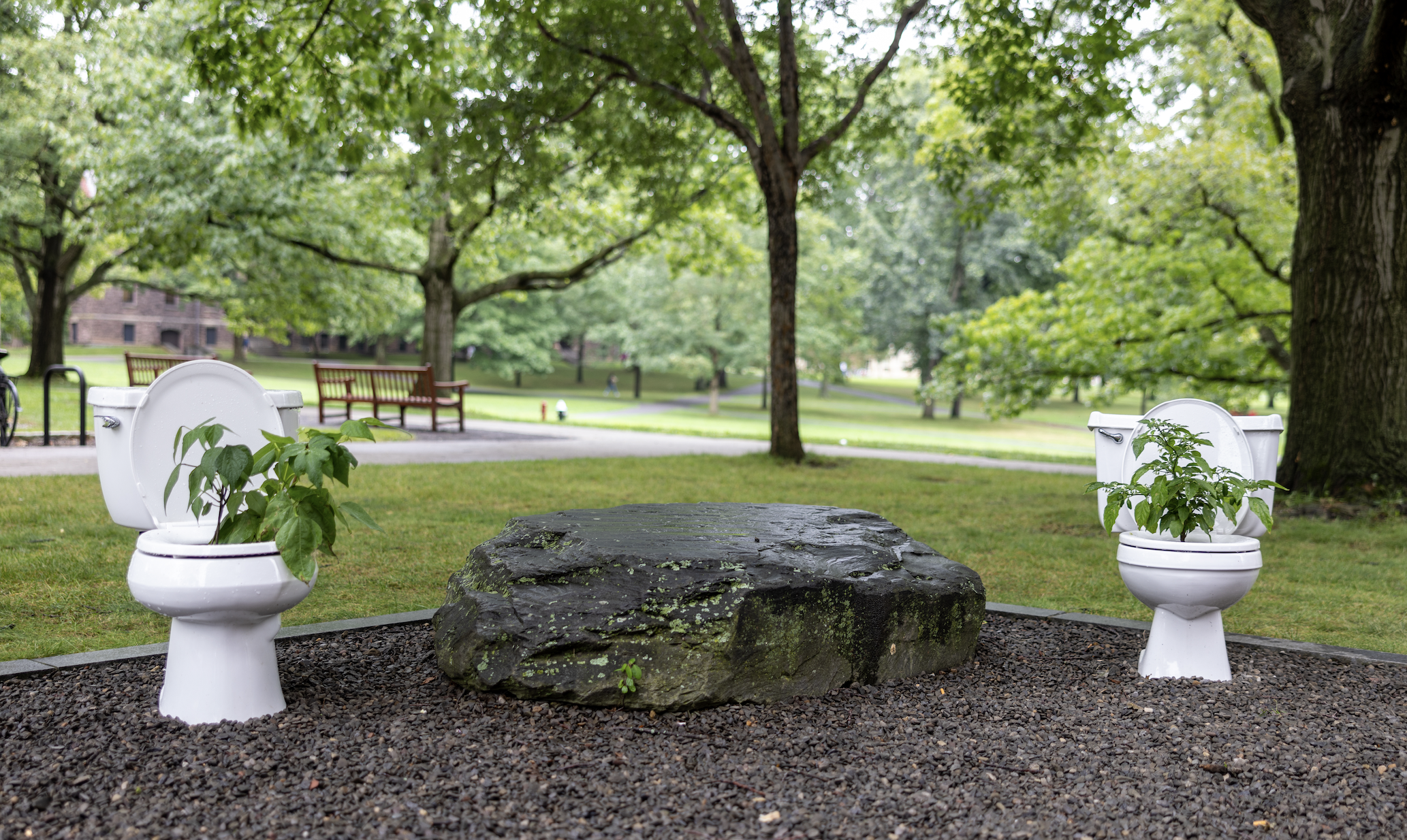
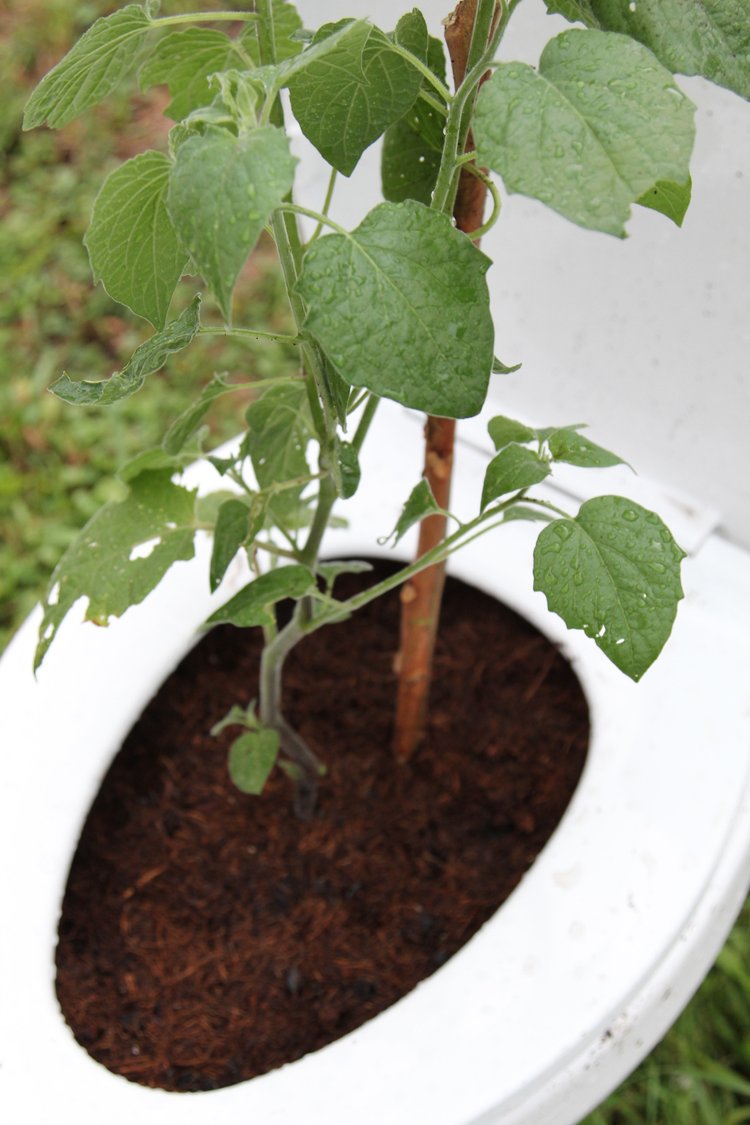
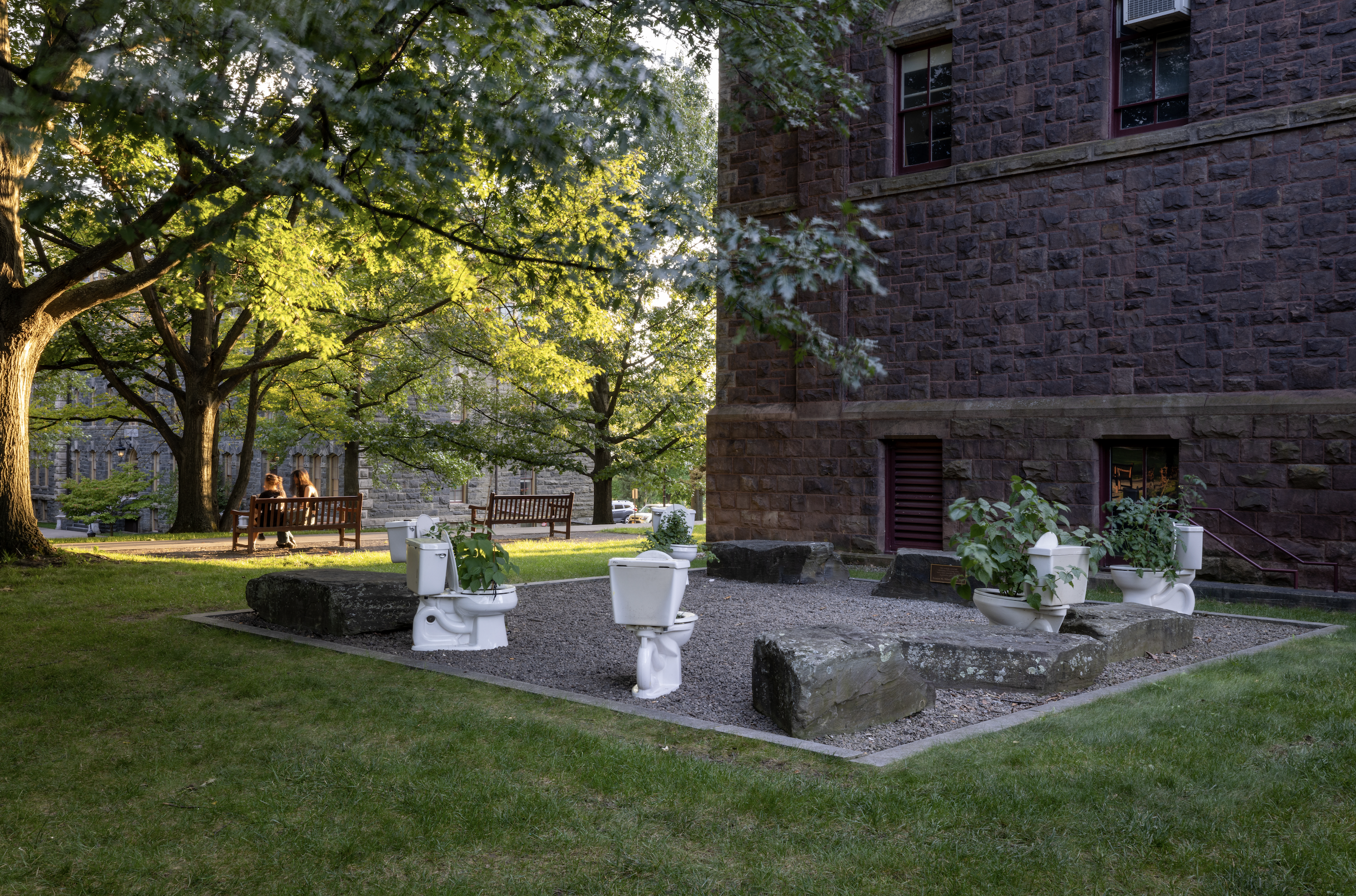
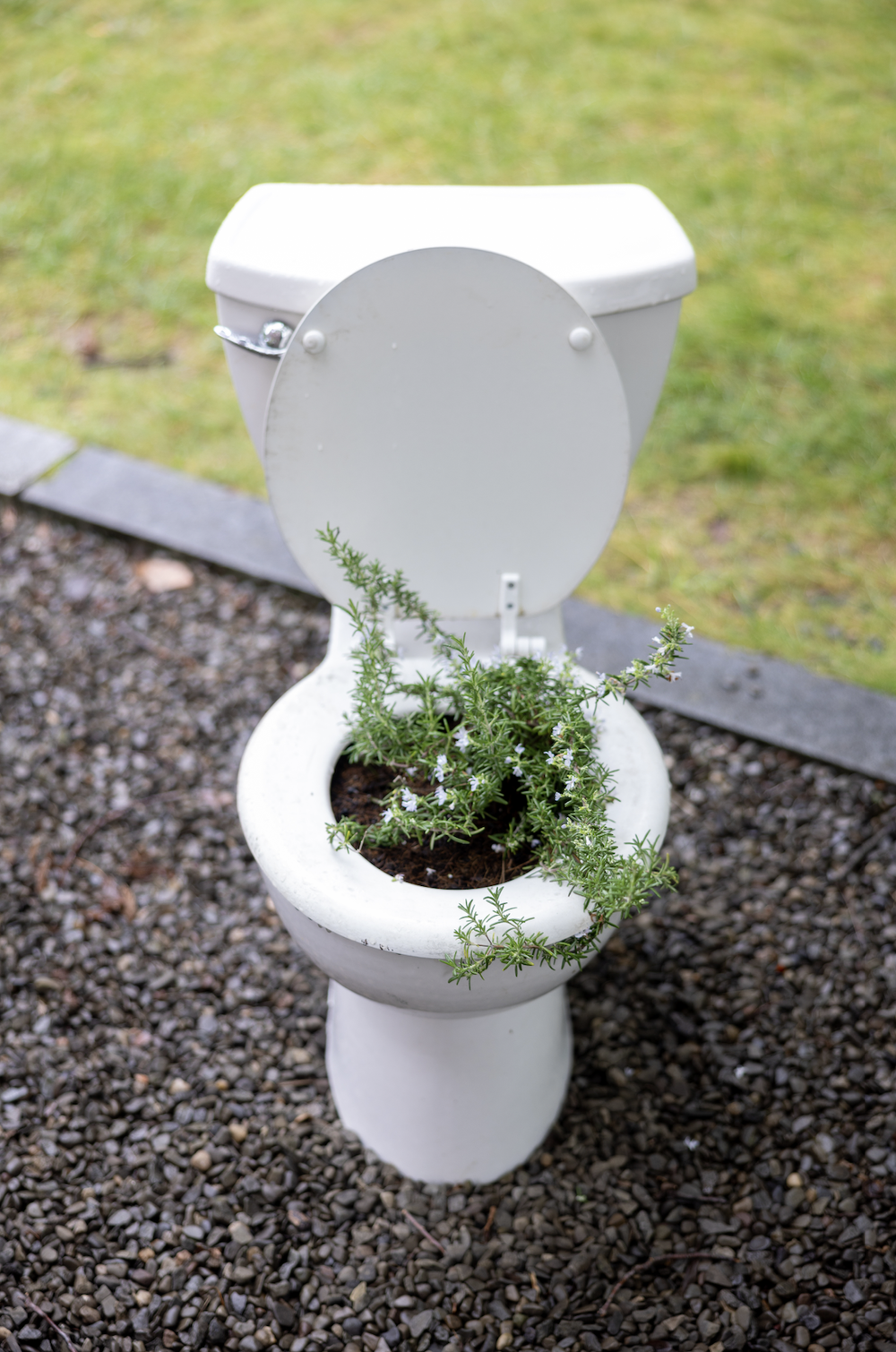
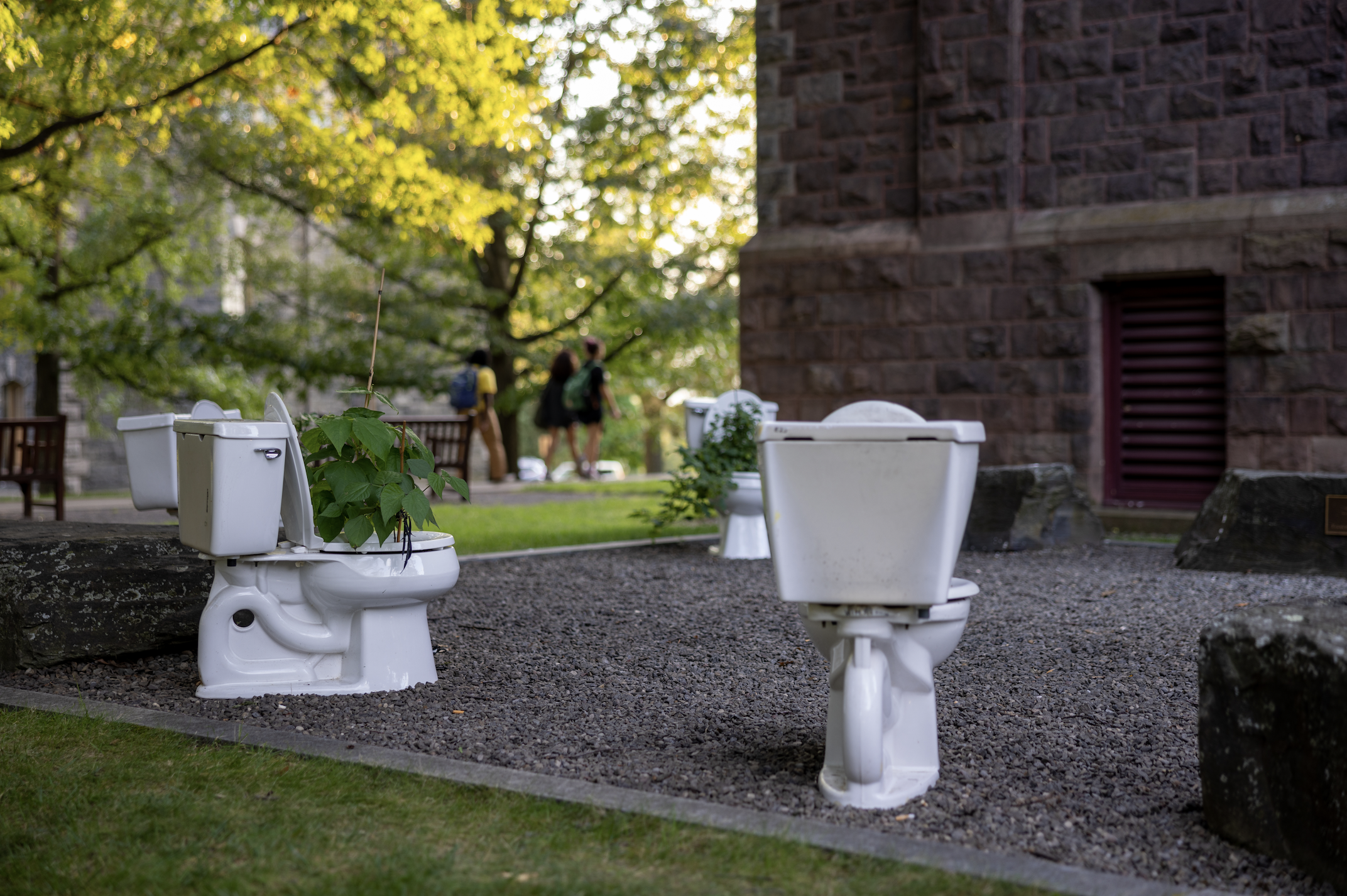
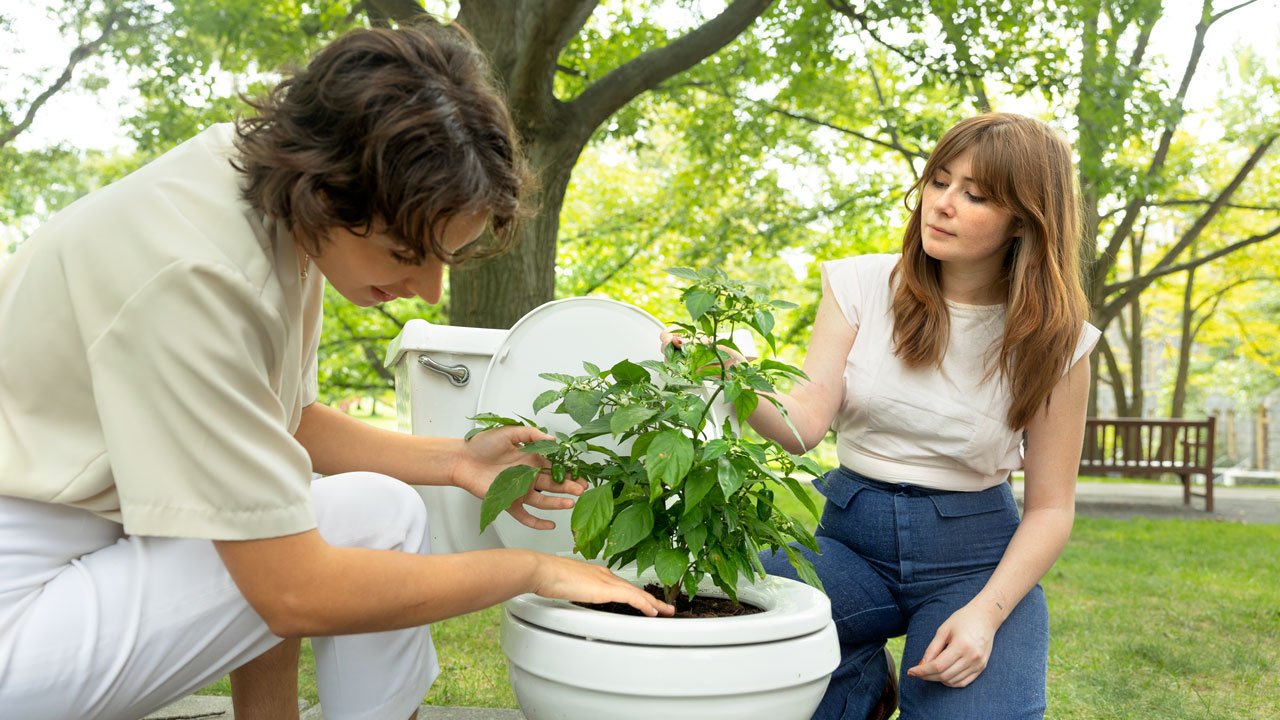
About the project:
Human waste cycling is the circular system of reclaiming valuable nutrients from human waste to use as fertilizers and soil amendments. Municipalities currently pay to dispose of our waste in landfills and waterways without recovering our excess nutrients. As landfill costs rise and water pollution increases, current sewage systems are neither economically nor environmentally resilient. These systems overlook a resource excreted by every human each day– our nutrient dense waste. In a utopian model, nitrogen, currently synthetically produced through an energy-intensive process, would be recovered in mass from liquid waste to produce urea fertilizers. Phosphorus, a non-renewable mined resource, would be recovered from solid waste in biochar form to produce an organic soil amendment.
Reclaiming human waste to use in food production might be novel for western societies, but this process has been used globally for centuries to supplement soil nutrients and enhance plant growth. Breaking through these taboos can spark a cultural transformation of our waste cycling system and deconstruct notions of western superiority in climate and agri-food practices. In search of adaptive solutions to sewage treatment, soil health, and food production, ‘Waste Not’ can begin to prompt its audience to reconnect with and engage their waste in new ways. We hope this project can bring value and respect to agricultural and waste strategies that colonialism has deemed “savage” for centuries.
‘Waste Not’ is a living sculpture created with the intention of demystifying a process that challenges core perceptions of waste. We believe an art installation centered around human waste cycling can provoke viewers to see the potential of this initiative, and envision themselves functioning within it, without requiring an in-depth understanding of the scientific process. We often avoid conversations around the wastes we generate – ‘Waste Not’ begins to deconstruct these deep seeded biases and illustrate the interdependence of human waste and our food system.
‘Waste Not’ features fruiting crops emerging out of six toilets in a circular formation. The edible garden planted in these reclaimed toilets are growing in a soil media consisting of coco coir, softwood biochar, human waste biochar, and pasteurized urine*. We hope this installation helps envision the value of phosphorus and nitrogen to edible and nutritious plant growth in the excrement we flush away.
We’d like to thank the 20+ donors who collected their poop to make this project happen. Your willingness to step into a vulnerable and unfamiliar process with us has made this project more tender and meaningful than we thought possible. <3
We want to recognize and thank John Gaunt of Green Tree and Bio365, Ace Repka, Rebecca J. Nelson, Akio Enders, Alyssa Kim, Johannes Lehmann, Ernie Simms, and Ed Gottlieb for sharing their knowledge and providing us with continued support. Thank you to Joyce Van Eck and the Van Eck Lab at BTI, Michael Mazourek and the Maz Lab team, and Gutermann greenhouse staff for their horticultural assistance and generosity. Thank you to Ernie, Michael, and Sarah for donating their toilets. Thank you Tina, Tim and the Cornell Council for the Arts for believing in us and including ‘Waste Not’s message in this year’s Biennial- we are so grateful to have had this opportunity. And finally, thank you Tess Pendergast, the professor who introduced us and without whom this project would not exist.
*Our human solid waste has been autoclaved, dried, and pyrolyzed to become biochar. The char was immediately quenched with human urine at 700C. This reaction forms covalent bonds between the ammonia gas and the activated carbon molecules in the fecal biochar. The result is a biosafe nitrogen, phosphorus, and potassium loaded substrate which was created to feed our plants.
Isabella Culotta is a recent graduate of the Plant Science and International Agriculture and Rural Development departments in CALS. Her research in soil and plant systems and international development drives her exploration of circular bionutrient economies, locally and globally. Through ongoing soil chemistry research and community and industry outreach with the Soil Factory in Ithaca and nutrient cycling initiatives in East Africa, she has set her sights on being part of the r(evolution) in human waste management. As a horticulture student and daughter of a florist, she values the beauty of plants and the power of artists to guide audience perception and facilitate comprehension and application of scientific findings.
Matéa LeBeau is a recent graduate of AAP Art at Cornell University. Her art practice focuses on the threat of an uninhabitable future posed by the fossil fuel industry and anthropogenic influences. She is a multimedia artist and has utilized a plentitude of media to investigate and critique the drivers of climate change and other themes. Moving forward, she’d like to investigate the ways in which art and science can come together to make a more influential impact on its collective audience in a world being shifted by climate change.
‘Waste Not’ in the news:
From fabric arts to human waste: Student Biennial projects transcend boundaries
The fifth Cornell Biennial returns with NFT artworks and exhibit of toilets
The Future Inside and Out: Cornell Biennial Blankets Campus This Fall
Cornell Biennial Turns Artistic Eyes on Planet’s Uncertain Future